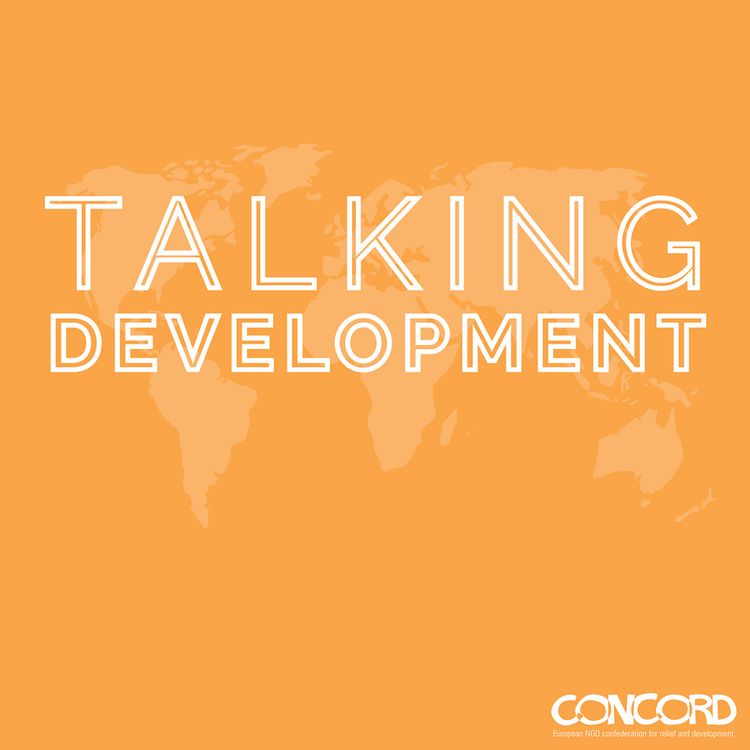Share

Talking Development
Episode 10: Is the EU walking the talk of vaccine equity?
The EU is facing the first very real test when it comes to achieving "equal and fair" partnerships. While the EU talks about achieving vaccine equity globally, its actions send a different message. In her State of the Union speech, President Ursula von der leyen pledged to donate 200 million doses to low-income countries. This is on top of the already existing pledge to donate 250 million doses, of which only a fraction has been delivered. In fact, only 1% of people in the Least Developed Countries (LDCs) have been vaccinated.
What does this say about the EU's narrative around partnerships? What does this mean for human rights and social justice? And where do we go from here? This episode of Talking Development dives into exactly those questions with key experts.
In a globalised world, a "me-first" approach is not only morally wrong, but it is misguided and dangerous. Ensuring that everyone, everywhere has equal access to the vaccine and without discrimination is the only way to ensure a global recovery and protect us from future outbreaks. You can learn more and join our call to ensure #Vaccines4All by visiting our website: bit.ly/Vaccines4All
Moderator and guests:
Jeroen Kwakkenbos, Senior Aid Policy and Development Finance Adviser at Oxfam EU
Faten Aggad, Expert on AU-EU relations
Dushi Weerakoon, Executive Director at Institute of Policy Studies of Sri Lanka
Ashleigh Furlong, Healthcare reporter at POLITICO
More episodes
View all episodes

Episode 9: Rebuilding our economy for people and the planet
11:08|If you were to think about what makes a business successful today, what comes to your mind? Profit, sure. But, what else? Have you ever thought about the role sustainability and inclusivity can play? Well, 2 million enterprises in Europe and many more around the world have done so already. And that’s why they are called social economy enterprises. They operate on the back of a sustainable and inclusive business model. In this episode, we discuss the potential of these businesses to achieve well-being for all while respecting the limits of our planet with Fatima Ihihi. Fatima is the founder of Toudarte, a cooperative in Morocco that empowers women and brings them financial independence by producing argan oil. To know more about the power of sustainable and inclusive businesses and the role the EU can play, check out our report: bit.ly/3obAkiW
Episode 8: How civil society can keep up with the speed of change - with Rilli Lappalainen
17:59|For civil society organizations and NGOs, the speed of change in our external environment can be both exciting and daunting. In this episode, we discuss the nature of those changes and what they could mean for the issues we care about, such as tackling inequalities or achieving sustainable development. Focusing on the European Union's shift from development cooperation, or international cooperation, towards international partnerships, CONCORD's Director, Tanya Cox, and new President, Rilli Lappalainen, discuss how civil society can engage, innovate, challenge, and evolve to stay ahead of the game.